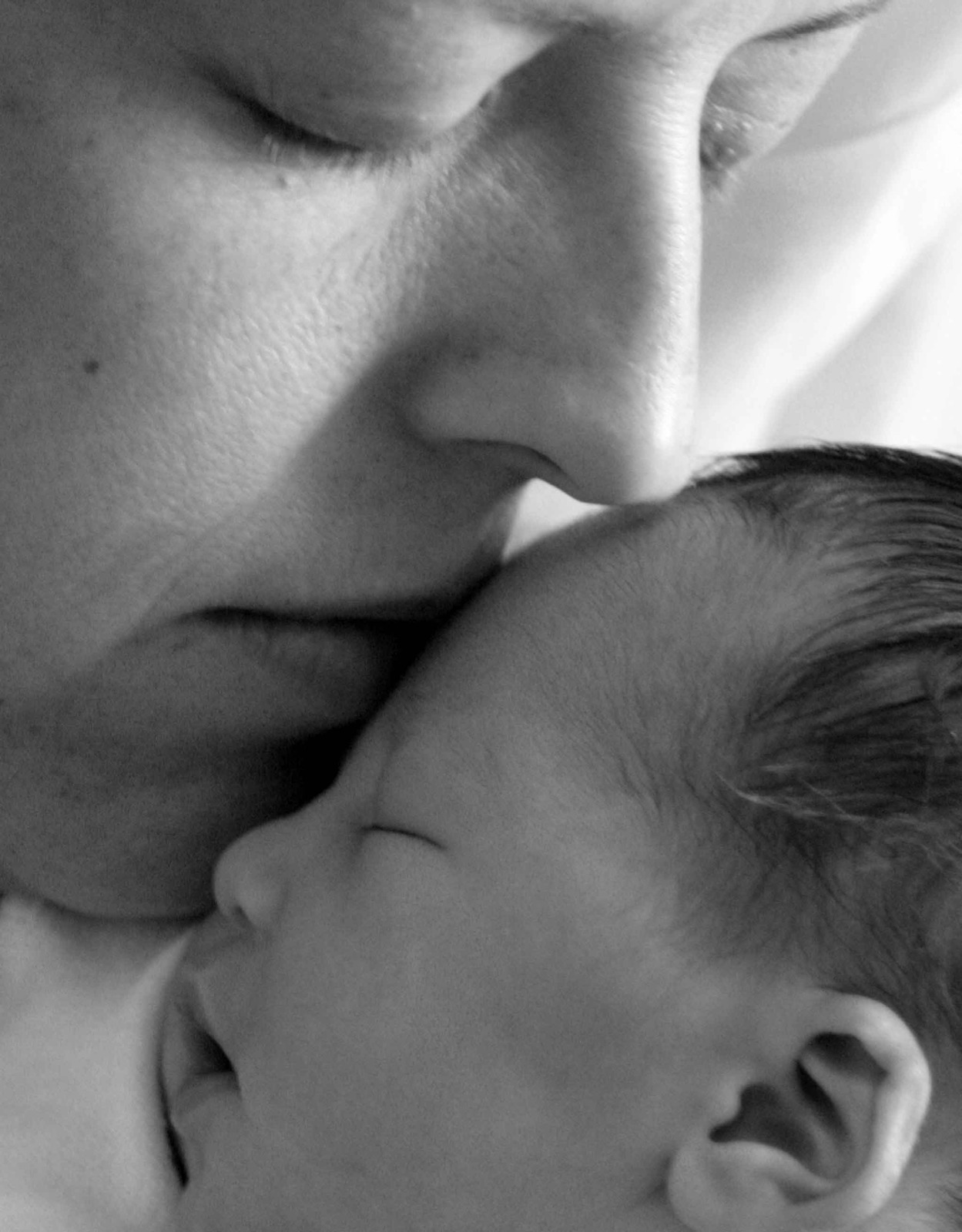For decades, researchers have postulated a connection between breastfeeding and postpartum depression (PPD). However, the research examining the association between postpartum depression and breastfeeding has been somewhat difficult to interpret. While many believe that breastfeeding prevent postpartum depression, this has not been a consistent finding.
A new study suggests that postpartum depression may be more common in women who attempt to breastfeed but experience difficulties doing so. In this study, researchers analyzed questionnaires from 217 women who initiated breastfeeding but stopped before six months. The cessation of breastfeeding was associated with risk for subsequent depression; however, postpartum depression was far more likely in those women who stopped because they were having problems (e.g., pain, breast infection, low milk production, problems with baby latching or sucking) than in those women who stopped breastfeeding for other reasons.
This study was relatively small, and it is possible that the postpartum depression either caused or contributed to breastfeeding problems; however, the finding very much jibe with what we see clinically. During the postpartum period, when feeding is one of the key aspects of caring for an infant, having challenges with breastfeeding is a major stressor and make the mother feel incompetent or ineffective in her new role as mother.
This study underscores the importance of supporting mothers who choose to breastfeed. If we intervene early and support women and their efforts to initiate breastfeeding, we may be able to increase rates and duration of breastfeeding. And helping new mothers to achieve success in this important aspect of mothering may decrease stress and help build a stronger sense of competency, factors which may help to reduce risk for postpartum depression.
On the other hand, I strongly believe that supporting mothers in their efforts to breastfeed also means allowing or advising them to stop breastfeeding when they are having significant or unresolvable difficulties and helping them to feel comfortable with this decision. Far too often, women feel ashamed and inadequate as mothers when they cannot (or choose not to) breastfeed. Being a new mom is stressful enough, we don’t have to make it worse.
Ruta Nonacs, MD PhD
Brown A, Rance J, Bennett P. Understanding the relationship between breastfeeding and postnatal depression: the role of pain and physical difficulties. J Adv Nurs. 2015 Oct 23.







Leave A Comment